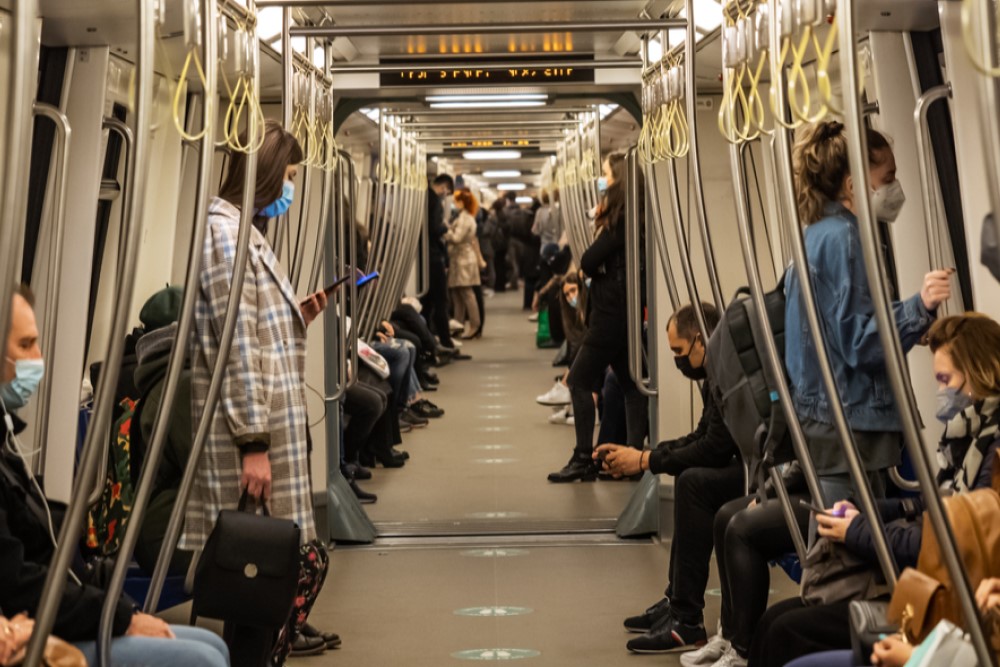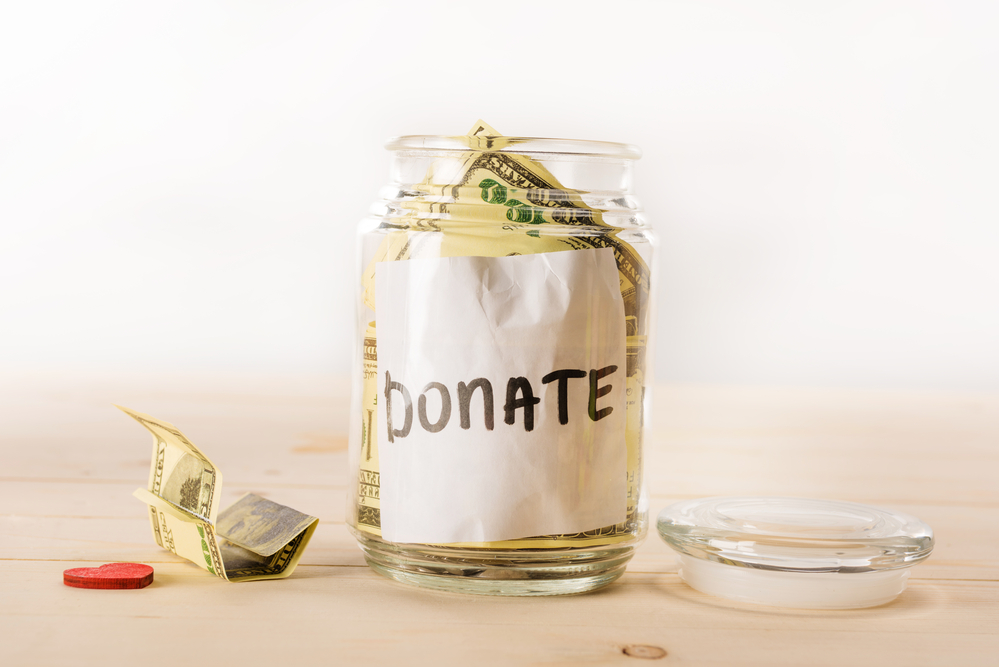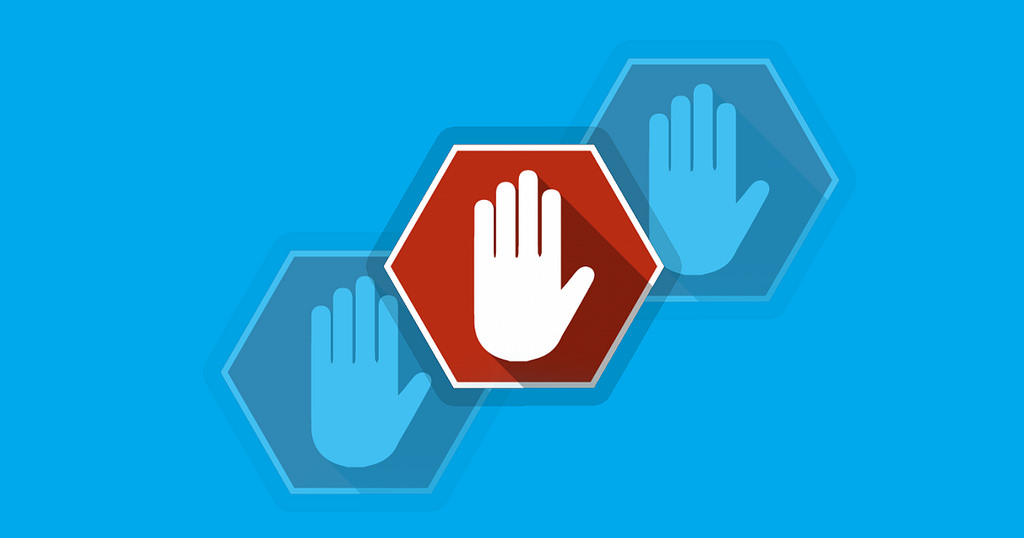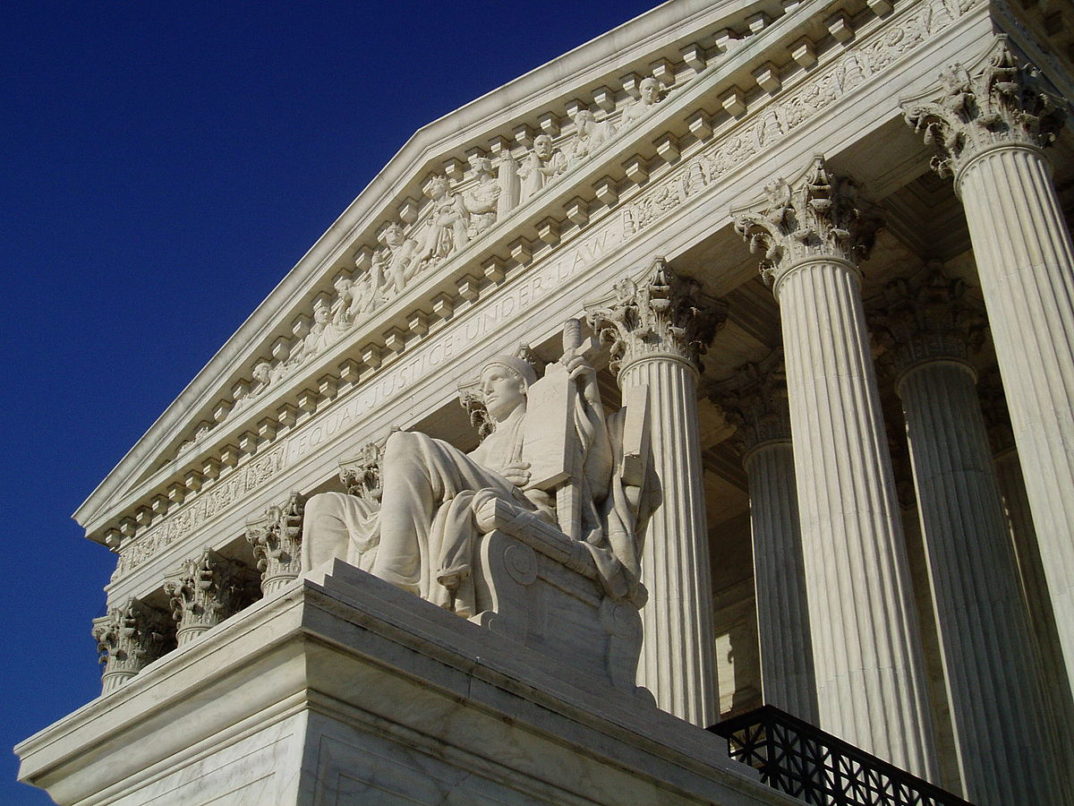On January 20, 2025, President Trump signed an executive order to withdraw the United States from the Paris climate agreement. Previously, I argued that in doing so, the U.S. is reneging on its moral obligation to combat the climate crisis – an obligation that holds regardless of whether we focus on contribution, benefit, or ability. But what are we to do when someone who should be fixing the problem, doesn’t? Must the rest of us – perhaps those of us who have less of an obligation, or even no obligation at all – do something instead? Put another way: might the rest of us be under an obligation to take up the slack?
Before considering this, it’s important to understand precisely how the global community is attempting to combat the climate crisis. As it stands, the world is on track to be 3.2°C warmer than preindustrial levels by the end of the century. Such an increase would be catastrophic – exposing 600 million people to flooding from rising sea levels, decreasing food production by as much as half, and exponentially increasing the likelihood of severe weather events like droughts and forest fires. This is why nearly all countries decided – via the Paris Agreement – to limit the global average temperature rise to no more than 2°C (with the more lofty goal being to keep this increase below 1.5°C). This is the maximum global temperature rise we can tolerate while avoiding the most catastrophic effect of climate change. According to the Intergovernmental Panel on Climate Change (IPCC), achieving this with a probability of >66% will require us to keep our total global carbon expenditure below 2900GtCO2.
But here’s the thing: As of the time of writing, we’ve already produced more than 2437GtCO2, leaving us with less than 462GtCO2 – or 16% – remaining. It’s vital, then, that parties to the Paris Agreement do all they can to ensure that we don’t exceed this budget. For its part, the U.S. previously pledged to reduce its emissions to 50% of 2005 levels by 2030.
Of course, all of that’s gone out the window now. President Trump’s executive order will remain in effect until at least the next administration takes office in January 2029. As a result, it’s unlikely that the U.S. will come anywhere near achieving the ambitious goal set under the Biden administration.
What, then, does this mean for the rest of us? If the U.S. has an obligation to reduce its emissions then what happens when they simply refuse to do so? Must other nations now make greater reductions in order to take up the slack? This certainly doesn’t seem fair. But perhaps there’s reason for other countries to do this all the same.
Consider a case where you have the misfortune of participating in a group project at school. Suppose there are five of you in this group – each assigned an even 20% of the workload – and that you will collectively receive a single grade based on the quality of the project taken in its entirety. Suppose that you complete your portion to a high standard, as do three of the other students in your group. Suppose, however, that on the evening prior to submission you discover that the fifth member of your group has completed nothing. As a result, all five of you are likely to receive a failing grade. What would you do?
One solution would be for the four of you who did your part to also take on a share of what your fifth classmate didn’t. Now, this might seem deeply unfair. In fact, the unfairness is two-fold: Firstly, four of you must now do more work than you were assigned. Secondly, your lazy classmate will now receive the benefit of this passing grade, without having made any kind of contribution. But we might argue that fairness isn’t what really matters here. Your reasons for contributing more are simply found in the fact that if you don’t, you’ll suffer bad consequences. Put another way, your reasons for action aren’t necessarily moral, but – rather – prudential.
And perhaps the same is true of climate change. If one country fails to complete their portion of the project, we will all suffer the catastrophic consequences. So even though it might not be fair for other countries to have to cut their emissions further, it might nevertheless be prudentially wise to do so.
What I’ve just described is one example of taking up the slack. We might refer to this as “lateral” slack-taking – where the failure by one member to contribute to a project puts a greater burden on other members (i.e., other countries) to do more. But similar reasoning might also provide us with an argument for vertical slack-taking. What, exactly, do we mean by this? Well, unlike a classmate, the U.S. is a collective – it’s composed of millions of people. So, when the country fails to do the right thing, we might argue that the individuals that comprise it should. But what might this more individualistic version of slack-taking look like?
Well, consider what the U.S. had pledged in accordance with the Paris Agreement: a 50% reduction from 2005 emission levels by 2030. In 2005, the per capita emissions of U.S. residents were 20.7tCO2 – giving us a per capita goal of 10.35tCO2 by 2030. Currently, U.S. per capita emissions are at 14.3 tCO2. What this means in practice, then, is that each U.S. resident merely needs to reduce their individual emissions by 3.95tCO2 in order to meet the pledge that President Biden originally made.
Is that doable? Most certainly. There are all kinds of meaningful lifestyle changes that would make up this shortfall. Merely washing your clothes in cold water and hang drying your laundry will save a full 0.5tCO2. Switching to a plant-based diet will save an additional 0.8tCO2, while avoiding one trans-Atlantic flight accounts for another 1.6tCO2. Going car-free (and instead relying on public transport) will, on average, save an additional 2.4tCO2. In fact, just these last two suggestions alone (making up 4.0tCO2 in reductions) would be sufficient for us to reach our Paris Agreement pledge.
And, if you really want to make a difference, there’s always having one less child – an action that will save a whopping 59.8tCO2 per year.
Long story short, just because one man has decided to renege on the U.S.A.’s climate pledge, there’s no reason why we, at the individual level, can’t take up the slack and decide to make good on this promise all the same. We might think we have reason to do this because the moral obligation of the collective (the U.S.A.) devolves onto its constitutive members (U.S. residents). But this needn’t be the case. Perhaps, as mentioned earlier, it’s merely prudential. None of us want ourselves – or our children, or our children’s children – to have to live in a world undergoing environmental catastrophe, and this should be enough to motivate us to do what’s necessary.





